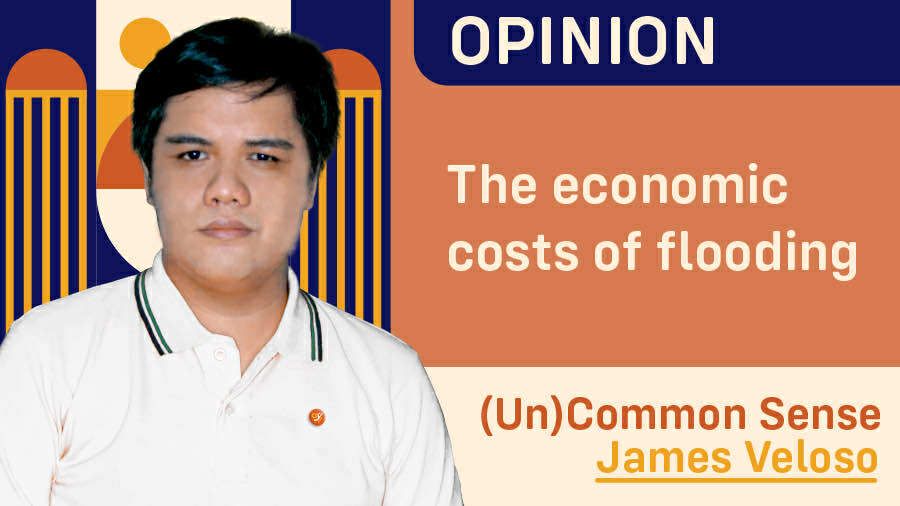It’s been a week since heavy rains have pummeled Laguna province, Metro Manila and nearby provinces, and yet there’s one aspect of this awful deluge that no one seems to want to talk about.
What I’m talking about is the overall economic impact of the heavy rain and floods – not just to our economy overall, but to each and every one of us.
I’m not going to talk about the damages to agriculture and infrastructure, or lives lost and families displaced due to the heavy rains.
Let’s talk instead about the effect of the suspension of classes and work and its impact to certain sectors of the economy.
White-collar workers, not to mention government employees, have it lucky – either work is suspended, or they can continue their jobs under work-from-home arrangements, provided they themselves weren’t displaced from their homes.
(Speaking of which, why the heck don’t government agencies adopt work-from-home schemes or a skeletal workforce scheme amid heavy rains, as they did during the Covid-19 pandemic, to ensure that government transactions can still move forward despite these calamities?)
But what about the people who depend on the daily movement of people and goods for their living, such as jeepney or even tricycle drivers?
According to our local editor, her father who works as a tricycle driver in San Pedro City have found it harder and harder to reach his daily “boundary” due to the drop in passenger volume brought by the suspension of work and classes.
Not only are drivers affected by the drop in passenger volume, those who still ply their routes despite the downpour find themselves hampered by heavy floods or heavy traffic, reducing their daily revenues even further.
Not to mention market vendors and small business owners who face reduced daily revenues as most people chose to stay at home rather than brave the elements.
And let’s not forget manual laborers and those in the service sector who are paid daily and are unable to go to work due to heavy rain and floods.
For our minimum-wage earners, every day that they are unable to go to work is a slow death sentence for them and their families – especially if they were also forced to evacuate or find their homes and belongings damaged due to the rains.
The big question here is: what in the world is the government planning to do not just to provide assistance to those who were affected by the heavy rains, but to ensure that in the future, such weather disturbances will not disrupt our economy?
“Resilience” is now a fudging lame excuse. So is “acts of God,” which in the past, some government officials have used to justify gross inaction and indifference in the face of the long-term impacts of climate change.
#WeTakeAStand
#OpinYon #OpinYonColumn #UnCommonSense
